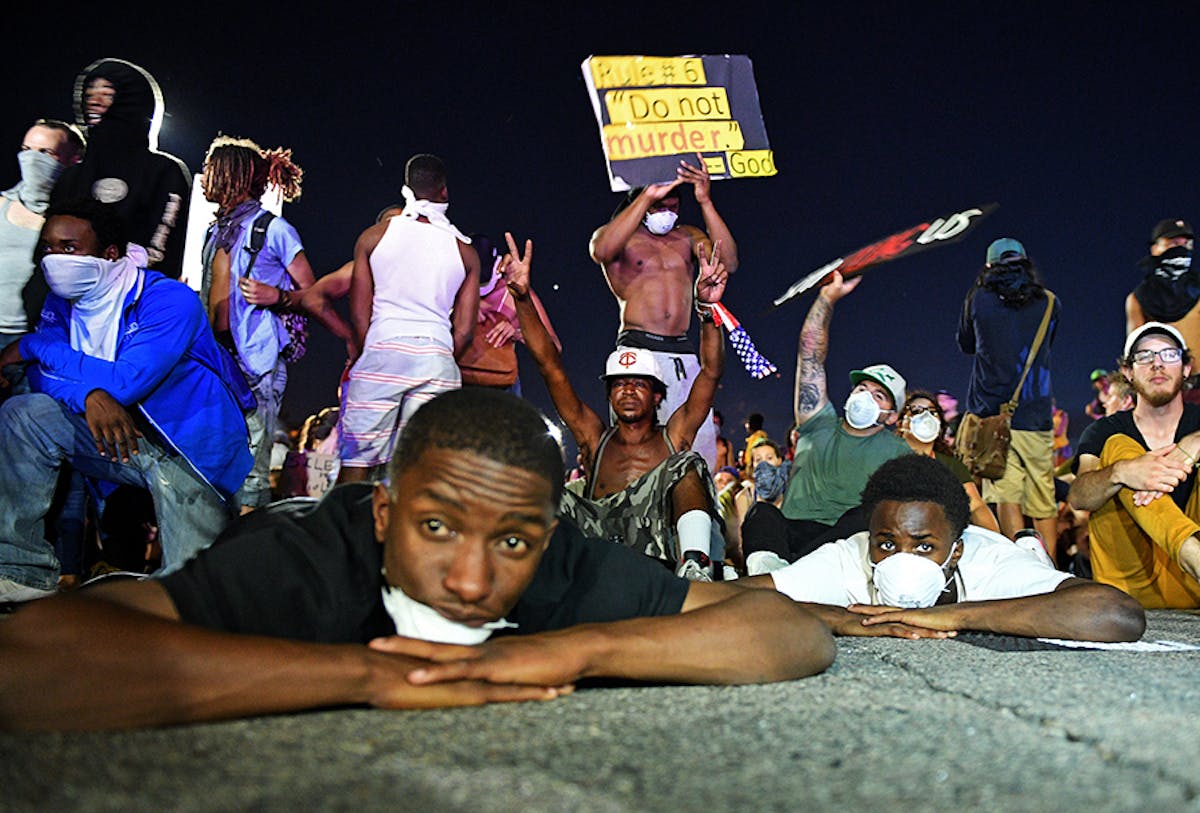NAACP national president Cornell Brooks called on Minnesota state leaders Sunday to strengthen laws prohibiting racial profiling and for police departments to improve racial data collection about motorists they pull over.
Brooks, along with local and state NAACP leaders, met with Gov. Mark Dayton and members of his administration, as well as local officials, to discuss the state's response to the fatal shooting of Philando Castile last week. The private meeting at Progressive Baptist Church in St. Paul also included state legislators.
"This is something we can fix if you engage the community, if you pass serious legislation," Brooks said he told the leaders. "You need to have independent investigations and vigorous prosecutions of misbehaving police officers."
He added: "We also have to have racial profiling laws that are more substance than paper."
Brooks' visit comes less than a week after Castile, a 32-year-old St. Paul Public Schools employee, was shot and killed by a St. Anthony police officer during a traffic stop in Falcon Heights. His death has touched off nonstop demonstrations in the Twin Cities and nationally following the police killing of another black man, Alton Sterling, in Baton Rouge, La.
Outrage over Castile's death is reviving calls at the Capitol to impose new state oversight of law enforcement by requiring significant changes in officer training, traffic stop procedures and misconduct investigations.
Emerging proposals would grant far-reaching new powers to civilian oversight boards, such as giving them authority to hire police chiefs and investigate officer misconduct. The boards would also set racial profiling and data collection policies for departments.
"The meeting with the governor and with the mayors was a constructive dialogue on the state of the Castile investigation, how the family is being treated … and a discussion about where do we go from here," Brooks said.
Dayton declined to take questions after the meeting. Falcon Heights Mayor Peter Lindstrom, who also participated, briefly addressed reporters, saying his city is committed to working with NAACP leaders to develop better policing procedures and tactics.
Brooks' visit comes the day after demonstrators marched onto Interstate 94 in St. Paul in protests that turned violent. He joined others in condemning the violence.
"We take an unambiguous stance against violence," he said. "Those who attack police officers are only attacking themselves."
Ricardo Lopez • 651-925-5044
Former DFL Senate Majority Leader Kari Dziedzic dies of cancer at age 62

How the Star Tribune is covering the 2024 election

Fact check: Walz and Vance made questionable claims during only VP debate

In Tim Walz's home city, opposing groups watch him debate on the national stage

